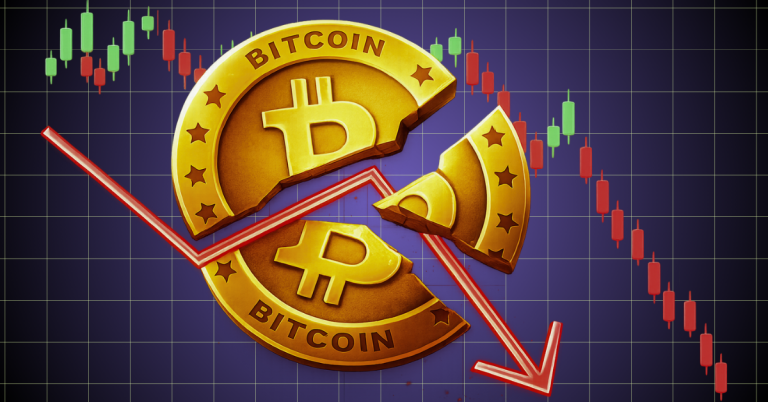
Navigating the Future: Emerging Trends in Fintech Technology
Fintech, or financial technology, is an industry that has experienced rapid growth in recent years, with emerging trends and technologies shaping the future of finance. Fintech is an umbrella term that encompasses a wide range of financial services and products, from mobile payments and digital banking to investment platforms and cryptocurrency. As the fintech industry continues to evolve, it’s essential to stay ahead of the curve and understand the latest developments and innovations in this field.
Artificial Intelligence (AI) in Fintech

One of the most significant emerging trends in fintech is the use of artificial intelligence (AI). AI has the potential to revolutionize the financial industry, from automating routine tasks to providing personalized customer service. AI-powered chatbots, for example, can help customers with basic queries, freeing up human customer support agents to focus on more complex issues. Additionally, AI can be used to detect and prevent financial fraud, reducing the risk of cyber attacks and protecting sensitive customer data.
Blockchain and Cryptocurrency

Blockchain technology, which underlies cryptocurrency, is another area of fintech that’s gaining significant attention. Blockchain is a decentralized, distributed ledger that allows for secure, transparent, and tamper-proof transactions. Cryptocurrency, such as Bitcoin and Ethereum, uses blockchain technology to facilitate peer-to-peer transactions without the need for intermediaries like banks. As the use of blockchain and cryptocurrency becomes more widespread, it’s likely to have a profound impact on the financial industry, from reducing transaction costs to increasing financial inclusion.
Mobile Payments and Digital Banking

Mobile payments and digital banking are two areas of fintech that have experienced significant growth in recent years. Mobile payments, such as Apple Pay and Google Pay, allow users to make transactions using their smartphones, eliminating the need for cash and credit cards. Digital banking, on the other hand, provides users with a range of financial services, from account management to loan applications, all from the convenience of their mobile device. As mobile payments and digital banking become more prevalent, it’s likely to change the way we interact with financial institutions and conduct financial transactions.
Regulatory Environment and Security

As the fintech industry continues to evolve, regulatory bodies are playing an increasingly important role in shaping the future of finance. Governments and regulatory agencies are working to create a framework that balances innovation with consumer protection, ensuring that fintech companies operate in a safe and secure environment. Additionally, cybersecurity is a major concern in the fintech industry, as sensitive customer data and financial transactions are vulnerable to cyber attacks. As such, fintech companies must prioritize security and invest in robust measures to protect their customers and systems.
Conclusion

In conclusion, the fintech industry is rapidly evolving, with emerging trends and technologies shaping the future of finance. From artificial intelligence and blockchain to mobile payments and digital banking, it’s essential to stay ahead of the curve and understand the latest developments and innovations in this field. As the fintech industry continues to grow and mature, it’s likely to have a profound impact on the financial industry, from increasing financial inclusion to reducing transaction costs. Whether you’re a fintech entrepreneur, investor, or simply a curious observer, navigating the future of fintech requires a deep understanding of the trends and technologies that are shaping this exciting and rapidly evolving industry.






